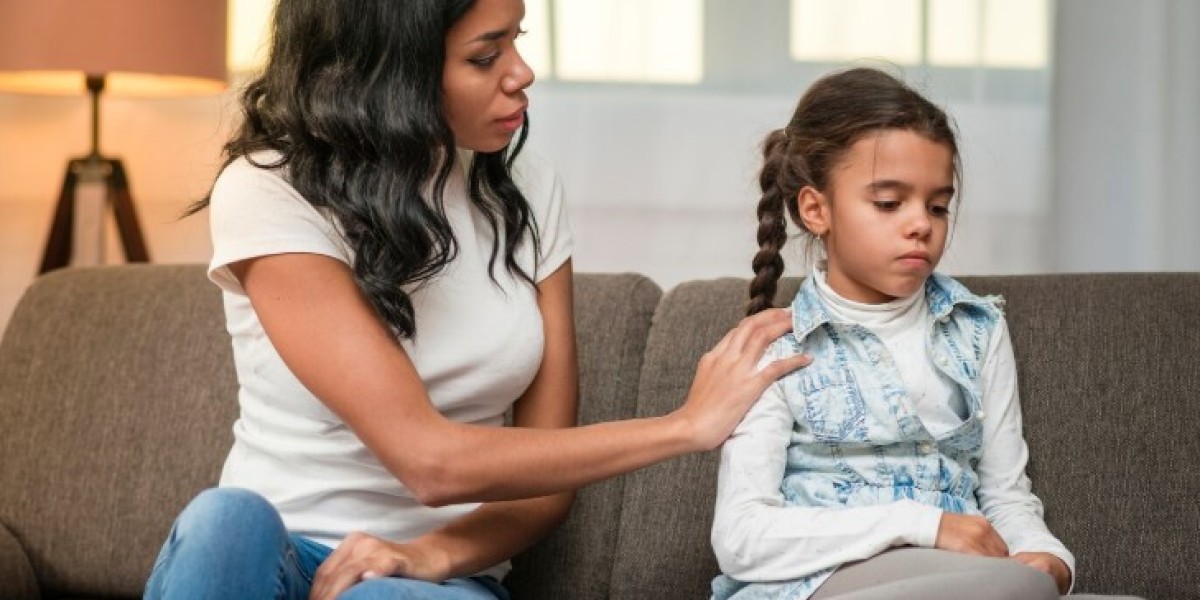Emotional struggles can impact children in profound ways, whether they are dealing with everyday challenges, trauma, or the loss of a loved one. child therapy and grief therapy are specialized forms of treatment that provide children with the tools and support they need to navigate their emotions. These therapies offer young individuals a safe space to express their feelings and help them develop the coping mechanisms required for emotional healing.
Understanding Child Therapy
Child therapy is a tailored form of therapy that addresses the unique emotional and behavioral issues faced by children. Unlike adults, children often lack the vocabulary and emotional maturity to express their thoughts and feelings effectively. Because of this, child therapy often utilizes creative and age-appropriate methods such as play therapy, art, and role-playing. These techniques allow children to communicate their emotions in a non-verbal manner, providing therapists with insight into what the child is experiencing.
A therapist trained in child therapy works closely with the child to understand their inner world and the sources of their distress. Whether a child is experiencing anxiety, depression, behavioral challenges, or struggles related to trauma, the therapist helps them build resilience by teaching healthy coping mechanisms, emotional regulation, and problem-solving skills. Child therapy also involves working with the child’s parents or caregivers to ensure the child’s support system is actively involved in the healing process.
The Role of Grief Therapy in Helping Children Heal
When a child faces the death of a loved one or any other form of significant loss, the emotional impact can be overwhelming. Children may struggle to understand the concept of death, or they may feel confused, sad, angry, or guilty about the loss. Grief therapy provides a safe environment for children to process these emotions, helping them understand their feelings of grief and loss in a supportive way.
Grief therapy helps children express their emotions by using techniques that make the grieving process more tangible and manageable. For example, therapists might use art or play to encourage children to visualize or express their feelings of loss. Storytelling is another powerful tool that can help children process their grief by allowing them to relate to characters who are experiencing similar emotions.
A vital aspect of grief therapy is helping children understand that grief is a normal and natural response to loss. Children are often told to "move on" or "stay strong," but these expectations can delay or hinder the healing process. Grief therapy helps children know it’s okay to feel sadness, confusion, and even anger, providing them with the reassurance that these feelings are valid and part of the journey toward healing.
The Benefits of Early Intervention
Both child therapy and grief therapy are most effective when introduced early. By addressing emotional or behavioral challenges at a young age, therapists can help children build emotional resilience and avoid more severe mental health issues later in life. For grieving children, early therapy can prevent long-term emotional difficulties, helping them process their grief in a healthy way and learn to adapt to life after a loss.
The involvement of parents and caregivers is also crucial in both forms of therapy. By providing a supportive and understanding home environment, children are better able to cope with their emotions and integrate the coping strategies learned in therapy.
Conclusion
Child therapy and grief therapy are powerful tools that can help children heal from emotional distress and loss. Whether working through anxiety, depression, trauma, or grief, these therapies provide children with the support they need to express their feelings, understand their emotions, and develop effective coping strategies. With early intervention and the support of a trained therapist, children can overcome emotional challenges and grow into emotionally healthy individuals.



